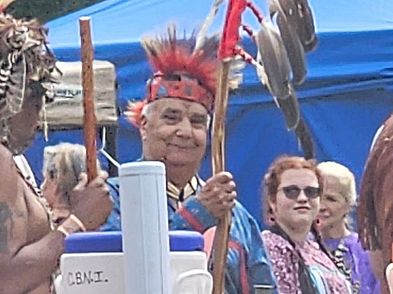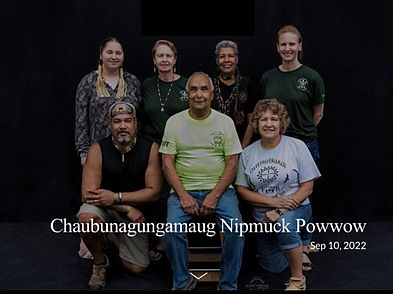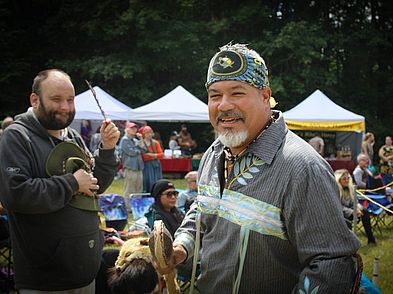Who We Are
We are still here. We are still Nipmuck.
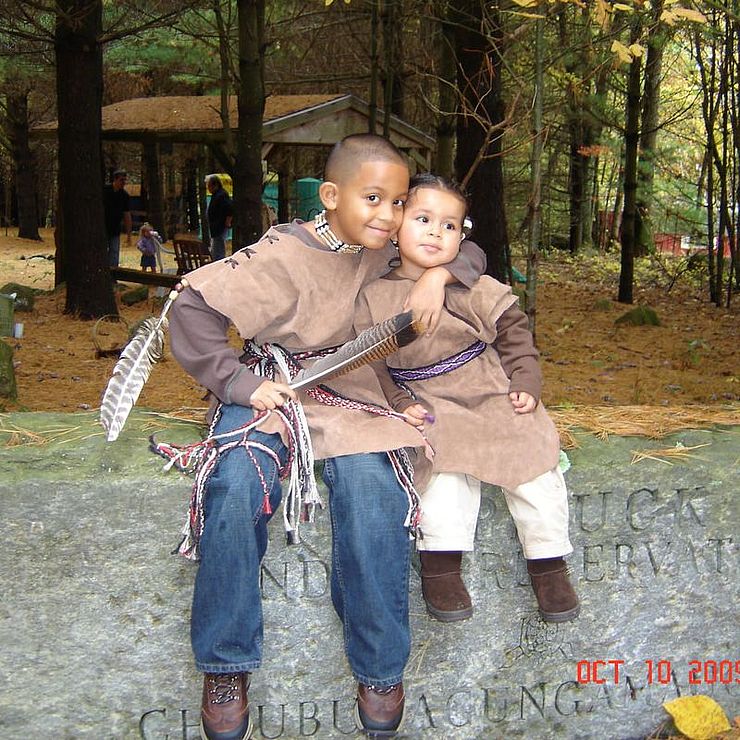
We are the Chaubunagungamaug Band of Nipmuck (CBNI), an Indigenous community with deep roots in the land and waters of what is now southern New England. We are the living descendants of the Nipmuck people—the People of the Fresh Water—whose homelands stretch across present-day Massachusetts and Connecticut.
Our ancestors lived, fished, hunted, and held ceremony on the lands known as Chaubunagungamaug, meaning "the boundary fishing place," now located in what is called Webster, Massachusetts. These lands were historically stewarded by our people long before imposed boundaries and names.
We are one of several Nipmuck bands who have held onto our identity and cultural lifeways despite centuries of attempts at erasure. During the 1600s, colonial missionary John Eliot established “praying towns,” which disrupted our traditional governance and spiritual practices. Though framed as protective at the time, these towns were a tool of assimilation. Our ancestors endured these pressures while continuing to pass on our language, kinship, and traditions. Over time, our people have also been referred to as the Pegan, Chaubunagungamaug, or Dudley/Webster Indians, names often given by others but which reflect our continued presence on this land.
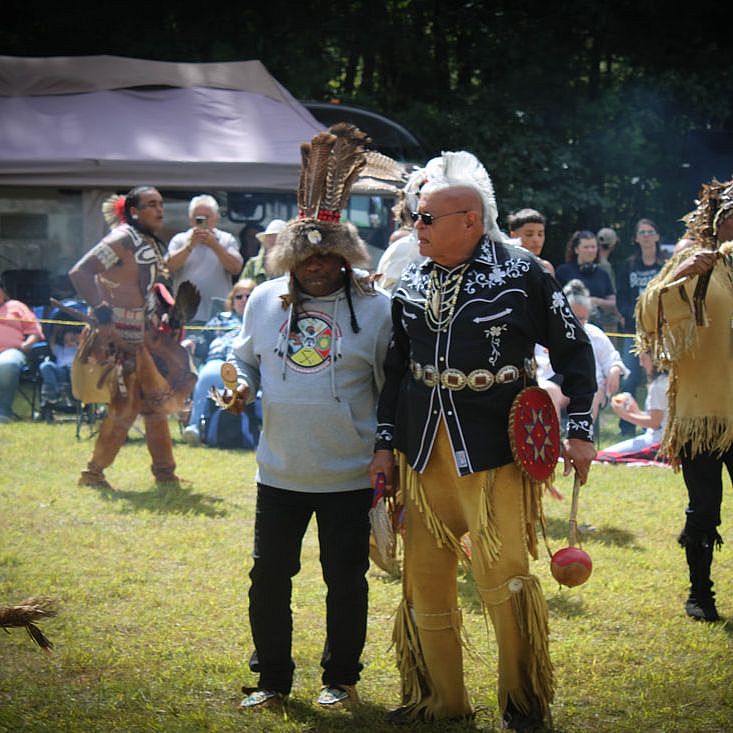
Our community today reflects the complexity of our history. Colonization brought warfare, displacement, forced conversions, and devastating epidemics such as smallpox, measles, and influenza—diseases to which our ancestors had no immunity. These events led to profound losses, both in life and in the rich diversity of our nations.
Despite this, our people survived. Intermarriage with neighboring Indigenous nations and with those of European and African descent became part of our story, not by erasure but by endurance. Our bloodlines carry the legacy of resilience and the strength of those who came before us.
While colonial records fixated on the notion of “full blood” to delegitimize Indigenous identity, we reject this framework. Our identity is not defined by fractions or colonial measurements but by connection—to our ancestors, our land, our language, and our culture.
Seven generations have come since some of our known ancestors were last identified in colonial records as “full blood.” Today, we honor them by continuing the sacred responsibility of carrying our culture, community, and kinship ties into the next seven generations.
NOTE: Our band prefers the spelling Nipmuck vs. Nipmuc as it reflects the historical spelling used by our band.
